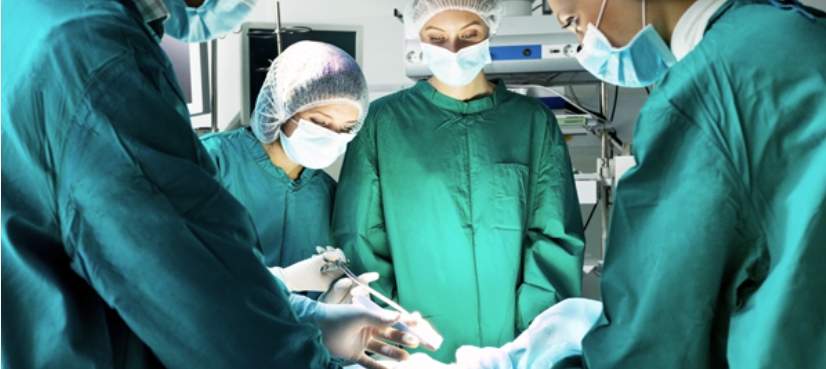Why titanium material is popular in craniomaxillofacial surgery?

1️⃣ Excellent biocompatibility: The naturally formed oxide layer (TiO₂) on the titanium surface can effectively prevent corrosion, reduce immune rejection, reduce the risk of infection, and has good long-term compatibility with human tissue.
2️⃣ Excellent mechanical properties: It has the characteristics of high strength and low density, light weight and strong load-bearing capacity, which reduces the burden on patients and avoids implant breakage.
3️⃣ Elastic modulus close to bone: The elastic modulus of titanium is similar to that of human bones, which reduces the stress shielding effect, prevents the absorption or degradation of surrounding bones, and promotes the balance of the mechanical environment.
4️⃣ Strong corrosion resistance: Stable in body fluid environment, resistant to chemical degradation, ensures long-term function of implants, and avoids complications caused by metal ion release.
5️⃣ Excellent bone integration ability: The titanium surface promotes bone cell adhesion and growth, accelerates the combination of implants and host bones, and enhances stability and long-term success rate.
6️⃣ Good imaging compatibility: There are fewer artifacts in CT and MRI examinations, which is convenient for postoperative imaging evaluation, especially suitable for craniomaxillofacial areas that require frequent follow-up.
7️⃣ Non-magnetic properties: compatible with MRI examinations, no magnetic field interference, expanding the applicability of postoperative diagnostic methods.
8️⃣ High machinability and customization: supports 3D printing and precision forming technology, adapts to complex anatomical structures, meets personalized repair needs, and improves surgical accuracy.
9️⃣ Low thermal conductivity: reduces the stimulation of temperature changes on surrounding tissues and improves patient comfort.
🔟 Long-term clinical verification: Titanium and its alloys (such as Ti-6Al-4V or pure titanium) have been used in the medical field for decades, and their safety and effectiveness have been widely verified.
In summary, titanium has become an ideal material for craniomaxillofacial repair with its unique physical and chemical properties and bioadaptability, taking into account both functional recovery and aesthetic reconstruction needs, and significantly improving the quality of life of patients.

